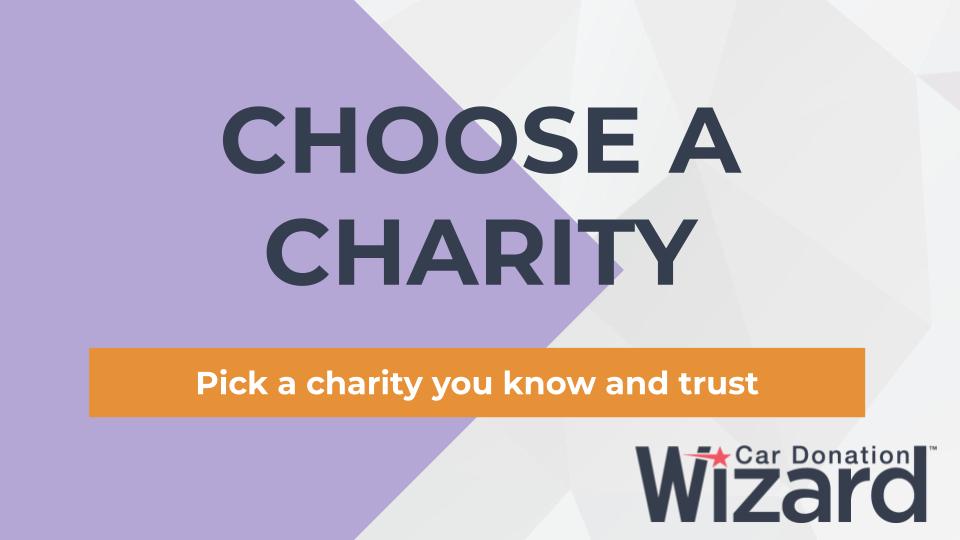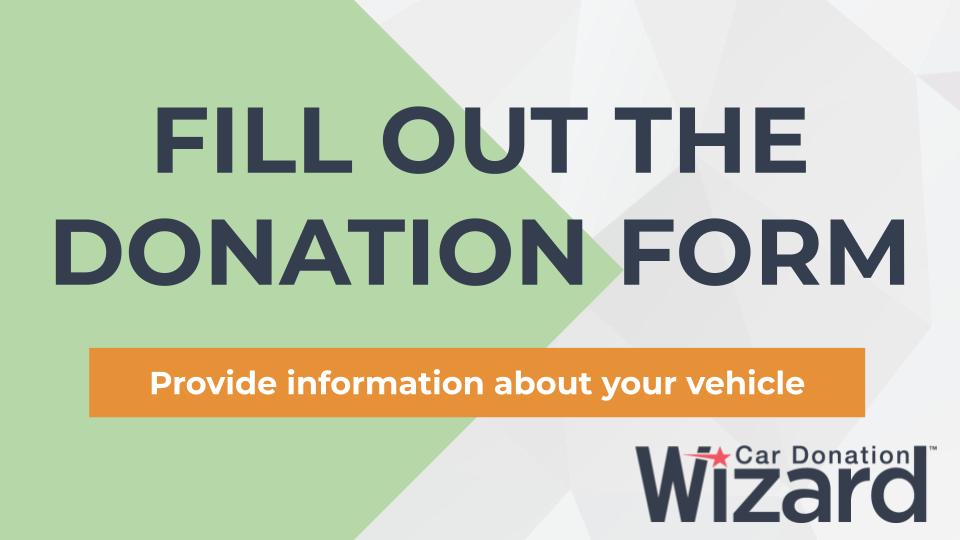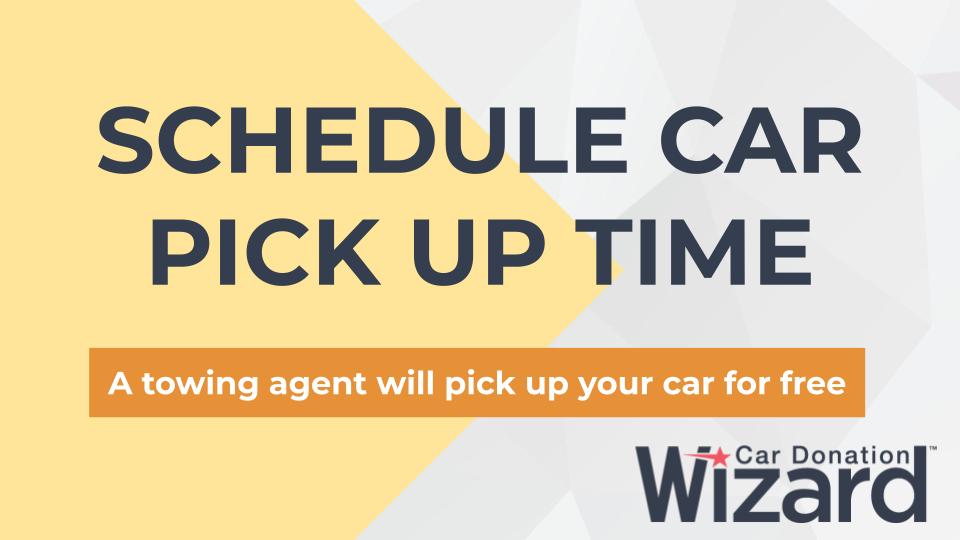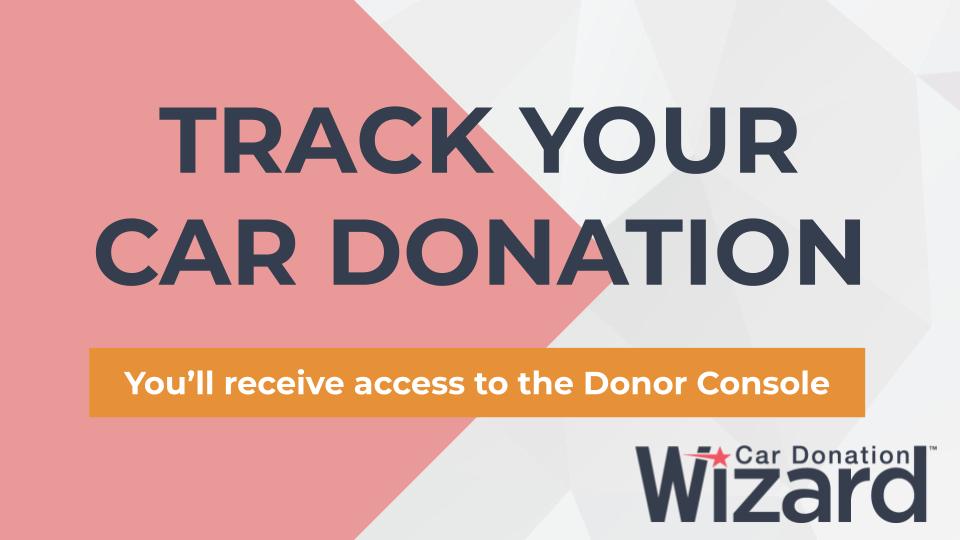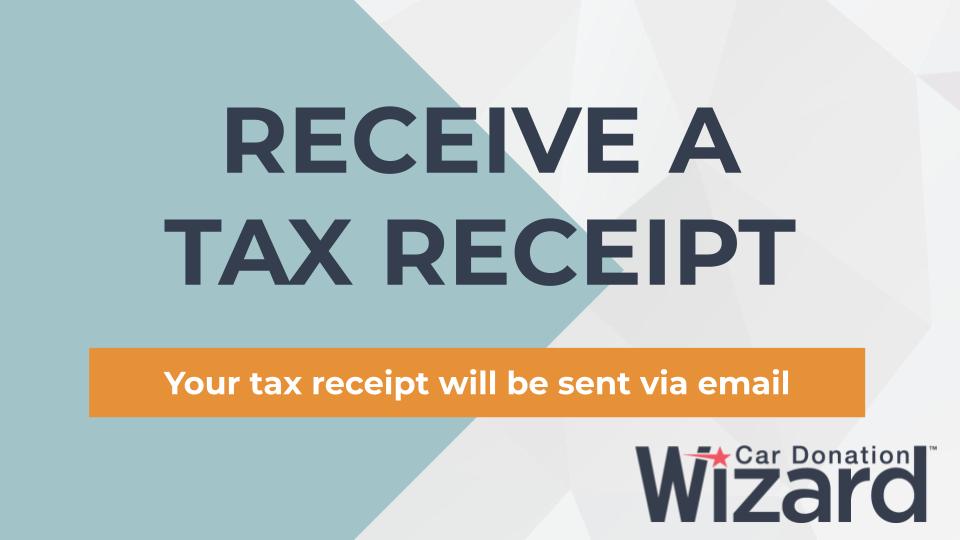How to Donate a Car in Hawaii
Donating a car is a wonderful way to make a positive impact in your community while potentially receiving some benefits yourself. For over 15 years, Car Donation Wizard has connected donors with respected charities that use your car donation to fund the important work they do to make a difference in their communities. We’ve raised over $250 million for nonprofit organizations and we are consistently ranked as the program with the highest return by the California Attorney General Report.
Car donations can provide a lot of benefits, including tax deductions, environmental sustainability, and helping to support causes you care about. Whether you’re looking to support a charitable cause or simply want to get rid of an old vehicle, this step-by-step guide will walk you through the process of donating a car in Hawaii.
Step 1: Do Your Research
Scammers will masquerade as legitimate organizations, so if you intend to donate to a ‘wish’ organization or a ‘kids’ charity, be wary. The organization may not benefit that charity directly and they will go a long way to pretend that they do. In many cases, there aren’t any kids at all or there are very few wishes being granted. If you search the internet for the term “car donation”, the first search results and answers are normally not in your best interest. The search results page is filled with fake locations on maps and fraudulent charities. Be sure to do your research and avoid donating a car to disreputable organizations.
Step 2: Choose a Charity
A charity should be recognizable to you by the work that they do in your community and in the world. Don’t fall for catchy jingles or billboards. Car Donation Wizard partners with nationally respected charities such as Habitat for Humanity, American Cancer Society, Special Olympics, and many more. Many of our charity partners are ranked on top rated sites, like Forbes and Moneycrashers, as the best programs to trust with your car donation.
Step 3: Fill Out the Donation Form
After you select your charity, you’ll fill out the car donation form. We’ll ask for some information about your vehicle including the VIN, year, make, model, mileage, and condition. Tell us your contact information and where the car will be picked up. If you’re completing the form on a mobile device, you’ll also have the option to take photos of your vehicle.
Step 4: Schedule Car Pick Up Time
We’ll assign your vehicle to a licensed towing agent. The towing agent will contact you within 2-3 business days to schedule a car pick up time most convenient for you. Your car will be towed for free! At the time of pick up, you’ll hand over the car keys and signed title to the tow driver. Be sure your car is in a tow accessible location, such as a driveway or on the street.
Step 5: Track Your Car Donation
After you submit the donation form, you will receive a confirmation email with access to your Donor Console. From the Donor Console, you can track your car donation in real-time. You’ll also be able to access title transfer instructions and tax information.
Step 6: Receive a Tax Receipt
Within 30 days of the sale of your car donation, you’ll be emailed a tax receipt. The amount that is tax-deductible is equal to the sale price of your vehicle. If your car sold for less than $500, you can claim the fair market value of the vehicle up to $499. If your vehicle sells for more than $500 and you want to claim the full amount when itemizing taxes, an IRS Form 1098-C, Contributions of Motor Vehicles, Boats, and Airplanes will be mailed to you. This form will be your tax receipt for your vehicle donation.
Best Car Donation Charities in Hawaii
Habitat for Humanity
Ranked as one of the Best Car Donation Charities of 2023 and 2024 by Forbes Advisor, Habitat for Humanity’s Cars for Homes program has raised over $30 million in the last five years. Homes are essential to the proper growth and functioning of individuals. Because of the current unpredictable and unaffordable housing market, many individuals struggle to find a place they are happy to call home. When you donate a car to Habitat for Humanity, you’ll help new and future homeowners in your community through builds, home improvements, and modifications.
American Cancer Society
The American Cancer Society is the leading cancer-fighting organization with a vision of ending cancer as we know it, for everyone. The proceeds from the sale of car donations through the Cars for a Cure® program will fund cancer research, advocacy, patient services, and education.
ALS Association
The ALS Association educates policy makers and encourages them to take action in support of those battling ALS. When you donate a car to the ALS Association, you’ll help find a cure for patients battling ALS.
Car Talk Vehicle Donation Program
The Car Talk Vehicle Donation Program is a legacy of the public radio show Car Talk and allows you to donate a car to your Hawaii NPR station. When you donate a car to your local public radio station, you give them the crucial funds they need to keep your favorite NPR programs on air.
Special Olympics
Through training, competitions, health screenings, and fundraising events, Special Olympics helps people with intellectual disabilities discover new strengths, abilities, skills, and success. When you donate a car to Special Olympics Hawaii, you’ll give Special Olympics athletes the chance to develop physical fitness, compete in Olympic-like sports and experience the joy of sharing their skills with others.
Frequently Asked Questions
How to donate a car in Hawaii?
Donating a car in Hawaii is a quick and easy way to support your favorite charity. Simply choose your charity, fill out a form, schedule a car pick up time, and receive a tax receipt.
Where is the best place to donate a car?
Some of the best charities to donate a car in Hawaii include Habitat for Humanity, American Cancer Society, ALS Association, Car Talk Vehicle Donation Program, and Special Olympics Hawaii.
Do you need a title to donate a car in Hawaii?
Most car donations require a clear title. If you can’t find your title, you can apply for a duplicate title. When you donate your car to one of our charity partners, you’ll sign your Hawaii title over to Advanced Remarketing Services. You will print and sign your name as the seller. If you have questions about filling out your title, call us at 877-957-2277.
What is the tax write off for donating a car?
Donating a car is a great way to do good for others while receiving a tax break. The amount you can claim on your taxes is equal to the selling price of the car. If your car sold for over $500, you can claim the full selling price when itemizing taxes. If it sold for less than $500, you can claim the fair market value up to $499. Please consult with your tax advisor on the best way to claim your car donation tax deduction.
Visit our full FAQ page for answers to more car donation questions.
Resources for Car Donation
It’s essential to conduct your own research and due diligence when selecting a charity for car donation. These resources can serve as a starting point, helping you make an informed decision and ensure that your donation goes to a reputable organization that maximizes its impact.
Charity Navigator: Charity Navigator is a widely trusted platform that evaluates and rates nonprofit organizations based on their financial health, transparency, and accountability. Use their search feature to find highly-rated charities that accept car donations.
Better Business Bureau: The Better Business Bureau (BBB) provides information and ratings on charities, including their accreditation status and any reported complaints. You can search their directory to find reliable charities for car donations.
IRS Guidelines for Vehicle Donations: The Internal Revenue Service (IRS) offers valuable information regarding the tax implications of car donations. Their website provides guidelines on determining the value of your donated vehicle and the necessary documentation for claiming tax deductions.
State Attorney General’s Office: Check your state’s Attorney General’s Office website for resources and information on registered charities operating in your area. They may provide guidance on legitimate organizations and warn about known scams.



